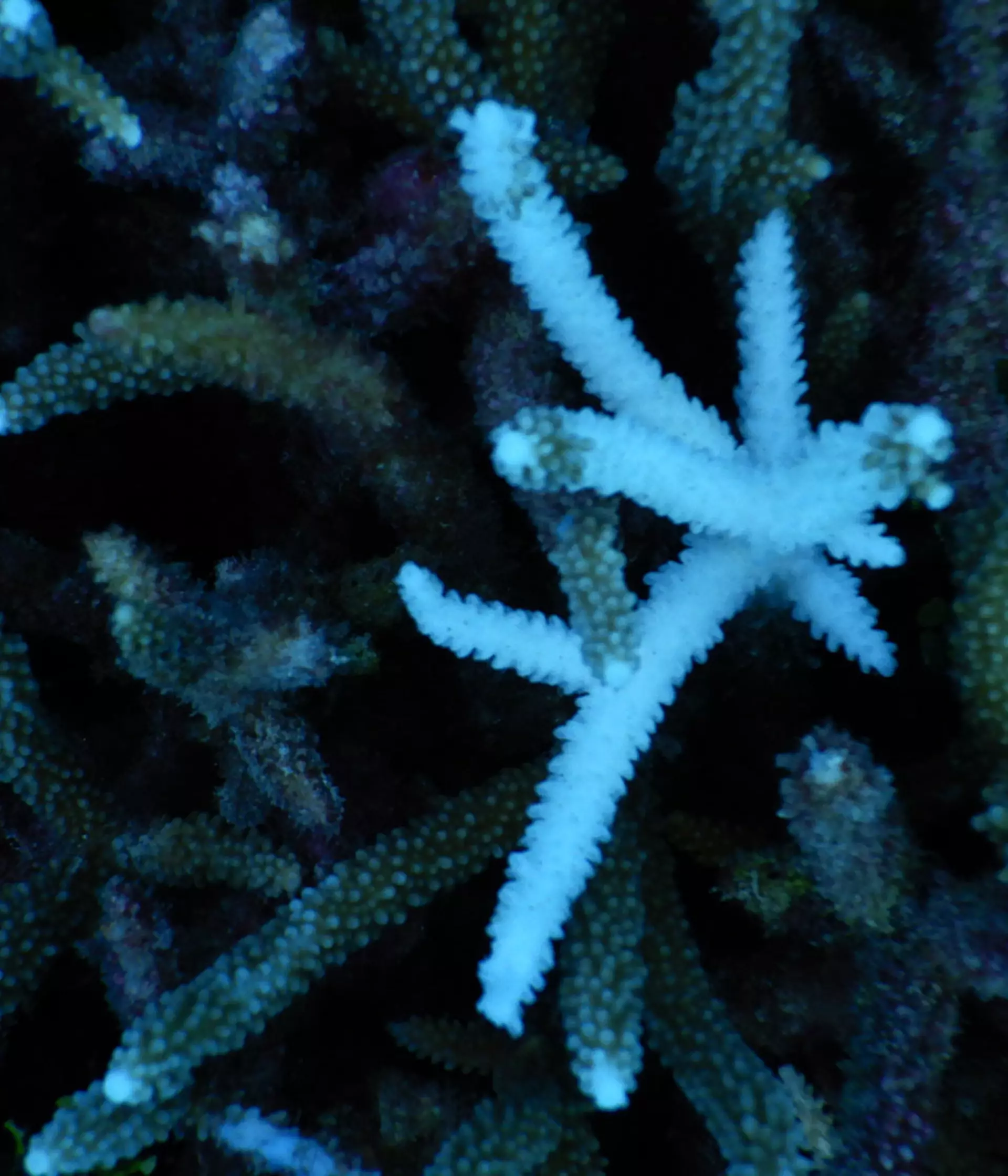We recognise that the anthropogenically driven climate crisis is one of the greatest existential threats to global biodiversity and human health and welfare.
Climate change is occurring at an unprecedented rate. The Paris Climate Agreement was an acknowledgment from all Parties to the United Nations Framework Convention on Climate Change (UNFCCC) of the severity of the impacts, environmentally, economically and socially, of a 2°C or greater global temperature rise. The consequences of rising greenhouse gas concentrations are already having a significant impact on climatic systems causing dramatic losses of sea ice, ice-sheets and mountain glaciers, the thawing and release of frozen carbon and methane hydrates; rapid ocean acidification; shifting climate zones; and increased frequency and severity of extreme weather events.
Fighting back against climate change
Failure to tackle climate change will have catastrophic consequences in the mid to long terms, fundamentally undermining the global community’s ability to achieve the UN’s Sustainable Development Goals. It will also make any targets set against the post-2020 global biodiversity framework redundant and will limit the ability of species to adapt to rapidly changing environments increasing the risk of extinctions. Some uncertainties in climate science are acknowledged, however there is greater understanding and overwhelming consensus around the key scientific issues. This includes the role that climate system inertia plays in masking the true impact of current greenhouse gas levels. By the time these impacts become evident it will be too late to avoid them or the amplifying feedbacks they will generate.
Solutions are available to mitigate our impact on climate change and effect real and transformative change. The central focus on absolute carbon reductions remain, but it is recognised that the climate emergency now requires an escalation of action on all fronts.
Supporting sustainable business
We are committed to working with the private sector and governments around the world to build a clean and sustainable future through the phasing out of fossil fuel dependency. We are also committed to help governments and businesses achieve net zero emissions, underpinned by science-based emission reduction targets in line with up-to-date climate science scenarios, through nature-based solutions to restore, where possible, natural processes and increase carbon sequestration capacities.
Identifying species and ecosystems at risk and maintaining landscape and aquascape connectivity are key steps for supporting biodiversity in times of rapid climatic changes. Climate change mitigation and adaptation is a focal research area for our scientists, who are working in collaboration with major research and conservation centres around the world to plug existing knowledge gaps and support vulnerability and prioritization assessments.
We are addressing the threat posed by the climate crisis and building towards a world where wildlife thrives by: working to minimise our organisation’s carbon footprint and setting science-based targets to reduce greenhouse gas emissions and aiming to achieve net zero for all residual emissions; undertaking research to inform government policy; raising awareness and working with communities to implement conservation activities to protect and restore terrestrial and aquatic ecosystems to help mitigate and adapt to climate change impacts.
As the original science-led conservation organisation, our unique insight and evidence-based approach achieves positive change and powers sustainable, innovative solutions that work, for wildlife, people and the planet.
